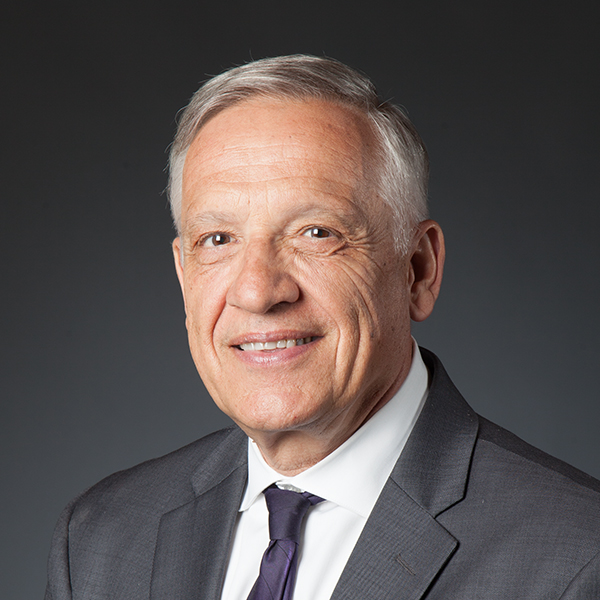PEDLS Seminar: Dr. Yannis C. Yortsos
| Event Date: | January 23, 2024 |
|---|---|
| Speaker: | Dr. Yannis C. Yortsos |
| Speaker Affiliation: | University of Southern California |
| Time: | Seminar: 3:00-4:00 p.m. Panel: 4:15-5:15 p.m. |
| Location: | ARMS Atrium |
| Contact Name: | Joshua Gonzalez |
| Contact Phone: | 765-494-4365 |
| Contact Email: | jgonzal@purdue.edu |
| Open To: | Attendance required for ChE PhD students |
| Priority: | No |
| School or Program: | Chemical Engineering |
| College Calendar: | Show |

Bio:
Dr. Yannis C. Yortsos is the Dean of the USC Viterbi School of Engineering and the Zohrab Kaprielian Chair in Engineering. He received a BS (Diploma) in Chemical Engineering from the National Technical University of Athens, Greece, and MS and Ph.D. degrees from the California Institute of Technology, all in chemical engineering.
Dr. Yortsos was elected to the US National Academy of Engineering in 2008 and served on the NAE Council from 2017-2023. In 2022, he received the Gordon Prize of the NAE for co-founding the Grand Challenges Scholars Program. The same year, he was a co-recipient of a Los Angeles area Emmy for the USC Viterbi documentary Lives not Grades, which documented the journey of USC engineering students to a refugee camp on the Greek island of Lesvos and their effort to provide technology solutions to improve their condition.
Dr. Yortsos has articulated the concept of Engineering+, which positions engineering as the empowering discipline of our times and the discipline that helps engineer a better world for all humanity. He has advocated a change of conversation about engineering and spearheaded in 2015 an engineering diversity initiative that is now adopted by more than 230 engineering schools. As a result of this change in narrative, USC Viterbi attracts a large number of previously under-represented demographic groups in engineering- and since 2019, the entering Fall class has been gender-balanced.
He is an associate member of the Academy of Athens and a fellow of the American Association for the Advancement of Science. In 2017 he received from the ASEE the President’s Award. Since November 2022 he serves as the Editor-in-Chief of PNAS Nexus, founded in 2021, as the only other scientific journal of the National Academies in more than 100 years.
"The Intertwining of Engineering with Social Phenomena"
Abstract:
With the extraordinary advances in technology, including AI, and Generative AI in particular, the intertwining of social phenomena with engineering and engineering schools becomes even tighter. A synchronization of Societal and Technical Readiness levels demands trustworthiness to help bridge these two domains, which importantly must arise from engineering disciplines. As a result, engineering education will have to incorporate human- and social-centric attributes, particularly the development of outstanding character in addition to outstanding technical competence, to endow our graduates with increasing societal trustworthiness. I will discuss how such attributes are becoming key components of existing and new programs while also forming the new iteration of the Grand Challenges Scholars Program, co-conceived at USC in 2009 and winner of the Gordon Prize of the National Academy of Engineering in 2022.
Along a different theme in this intersection, the quantitative understanding of social phenomena, e.g., in quantitative social sciences and economics, has benefited from the introduction of physical analogs and models (Econophysics). I suggest that additional new insights can also be offered from parallels with a different scientific field, and as presented in this talk, from Chemical Engineering. I will discuss some elementary such processes, where analogies with social phenomena can provide new insights. One possible result is the emergence of a singularity, namely faster than exponential growth, in innovation, which appears to characterize the recent extraordinarily fast pace of AI discussed previously. Related applications, including modeling contagion, such as the COVID-19 pandemic, are also beneficiaries of such an approach and will be briefly discussed.
